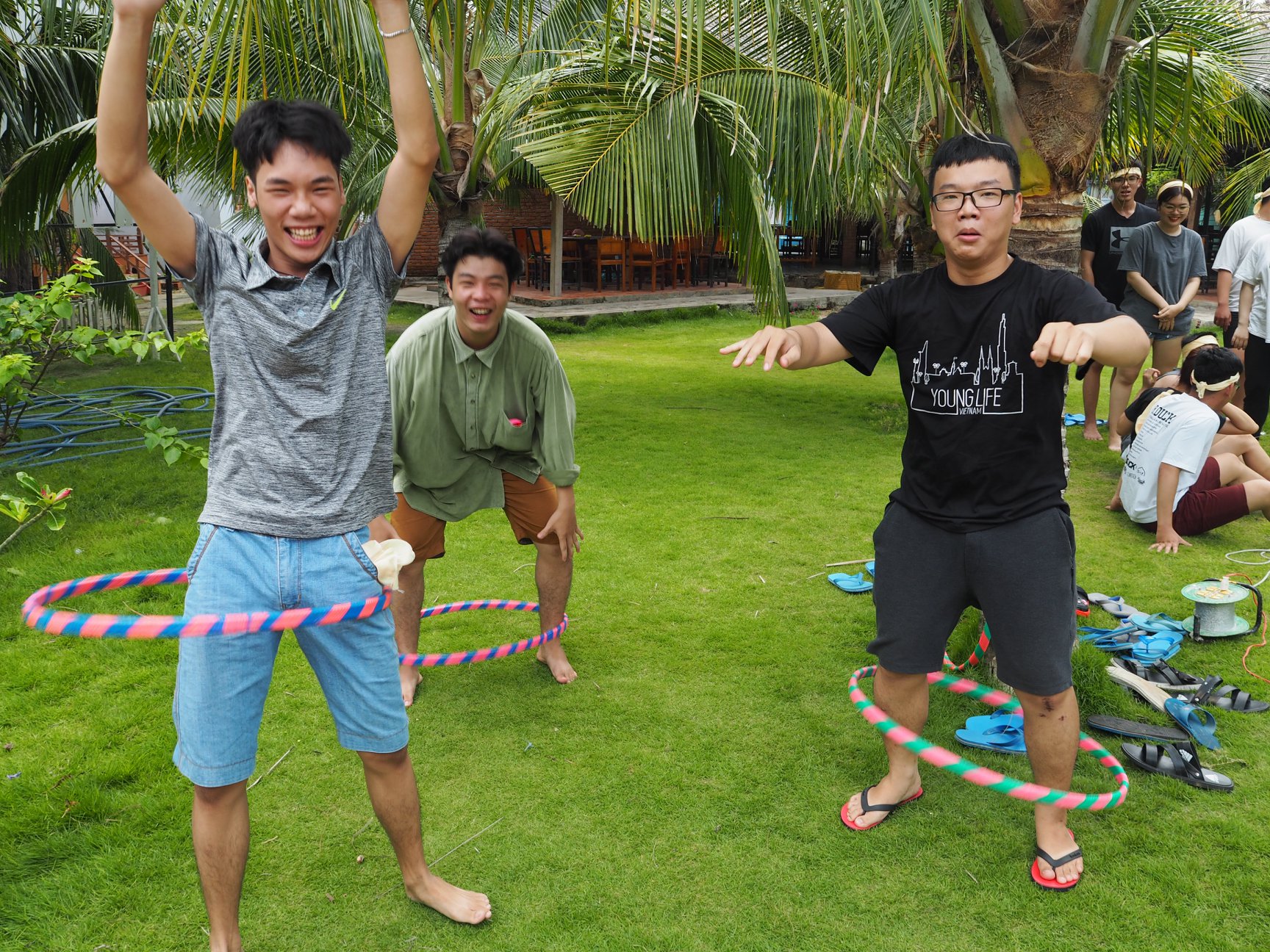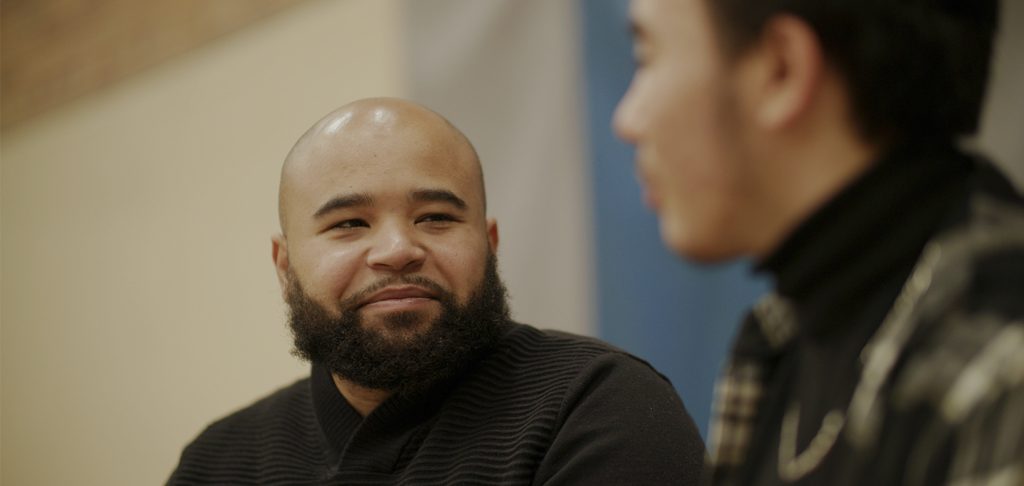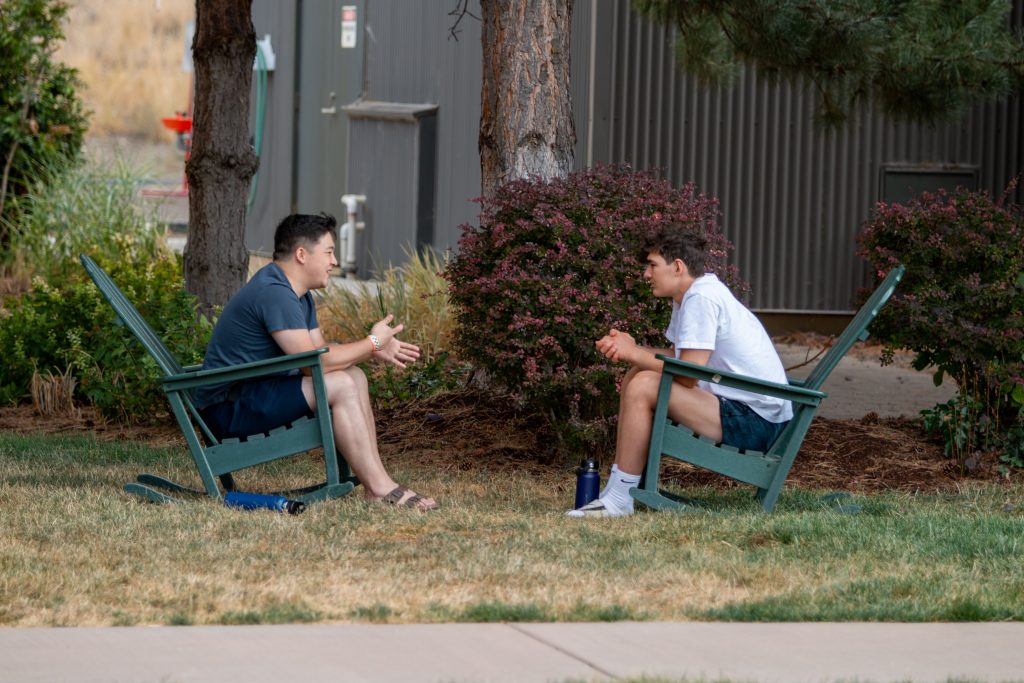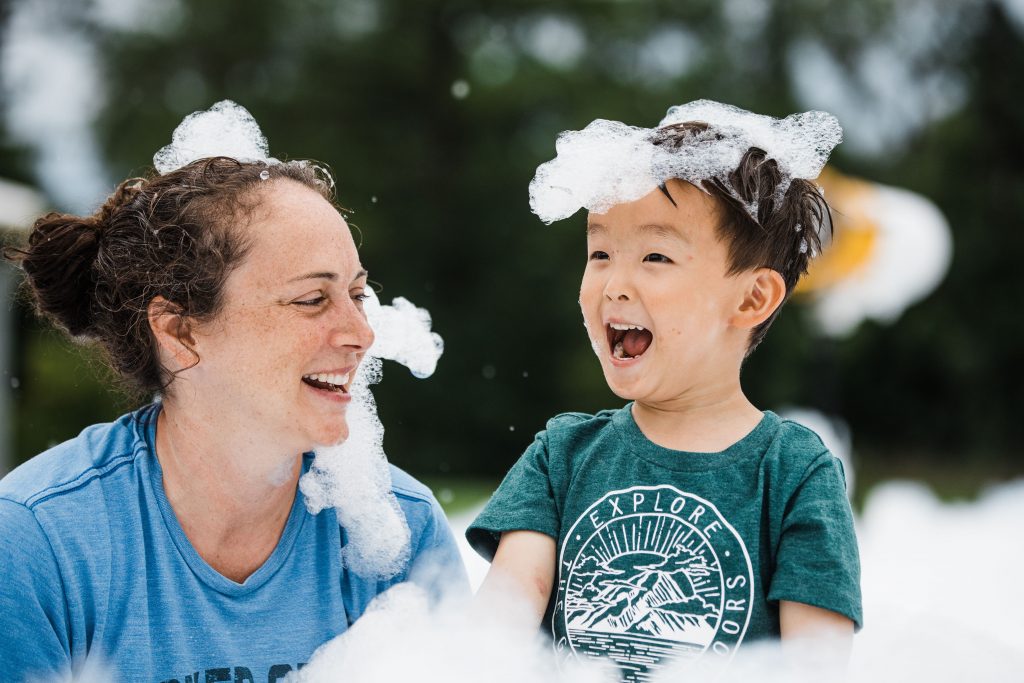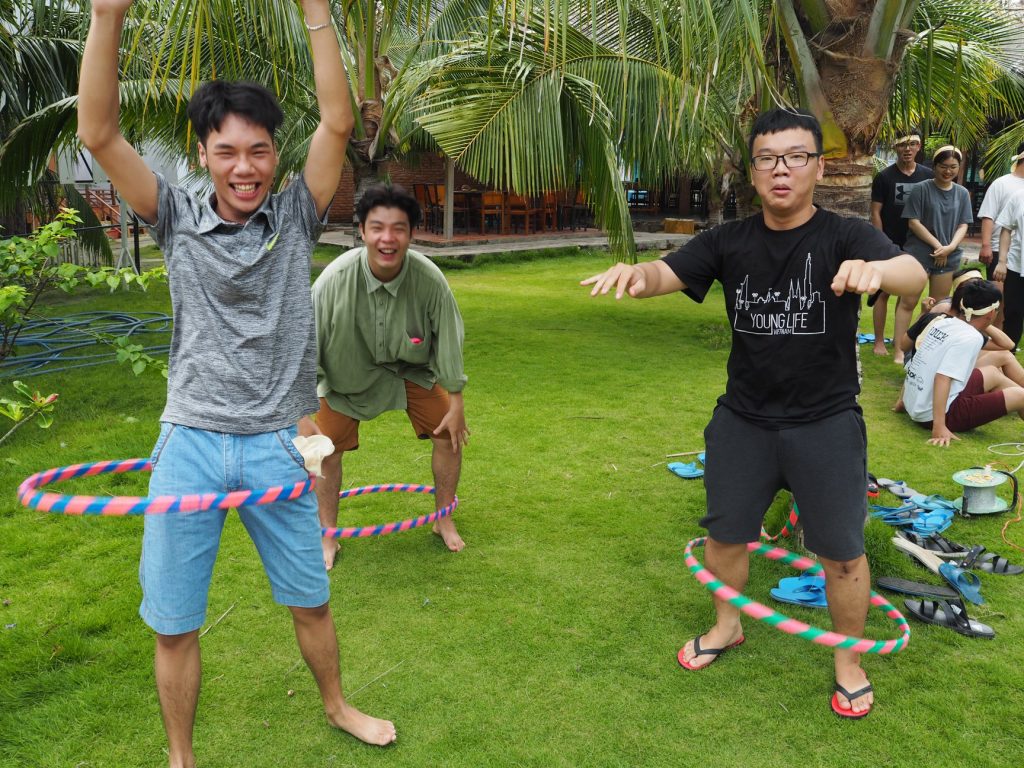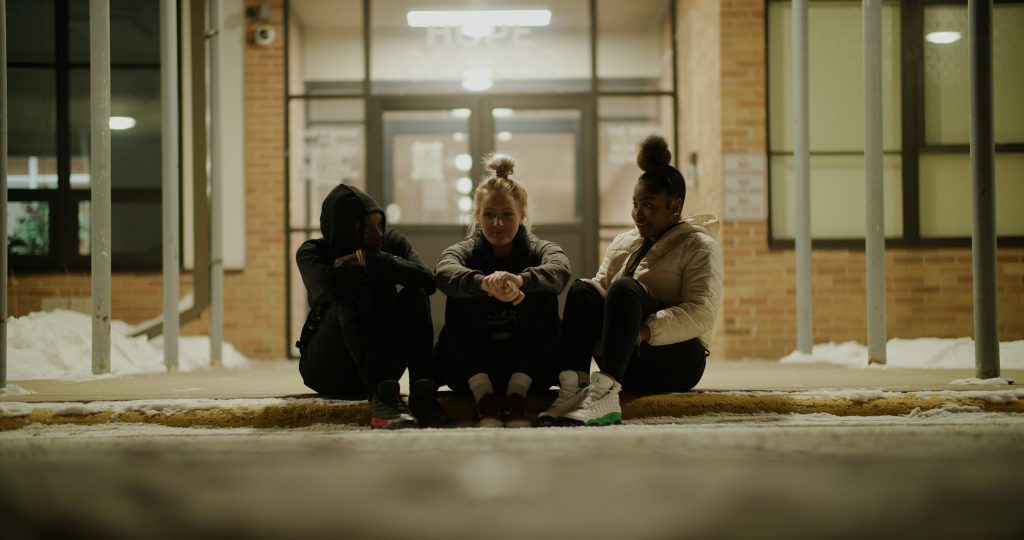Generation Z is the most diverse generation yet, and it shows with their fresh, confident perspective on celebrating disabilities and standing up for those that have them.
The RELATE Project had a focus group of kids who have a variety of disabilities and special needs who discussed their challenges in feeling like they belong. Their experiences have heightened their awareness of the importance of kindness to others.
This resonates with findings that the two most common words they used to describe themselves are “kind” and “good.” They are the empathetic generation. And whether they know it or not, this spirit of inclusion and empathy echoes the teachings of Jesus, who championed love and kindness.
It is beautiful to watch unfold.
Here are some ways Generation Z are making strides:
They Actually Practice What They Preach.
Gen Z is unafraid of standing up for minorities and those that are different from the “norm.” In fact, the word “normal” no longer holds weight with them.
They lead the fight for equality and combat ableism, defined by the Cambridge Dictionary as the “unfair treatment of people because they have a disability.” One significant way older Gen Zers are doing this is in the workplace. A 2021 study revealed that 99% of respondents said workplace diversity, equity, and inclusion (DEI) are important to them, and 80% indicated they would be more likely to apply for a job if the company focuses on DEI initiatives (Colvin, 2021).
These statistics show that Generation Z is watching society and directing their time and talent to companies and organizations that are supporting people of all abilities. This dedication mirrors how Jesus would focus his time and serve others.
The workplace will be better because of Gen Z.
They Use Social Media As Their Platform
One of the most impactful ways Generation Z is changing perceptions of disabilities is through social media, particularly TikTok.
Amy Pohl, a TikTok influencer, has found her voice in a world that has often silenced her or failed to understand her. Starting in 2020 during the pandemic, she began educating people about Complex Regional Pain Syndrome, Dystonia, Functional Neurological Disorder, and PTSD. She now has 3.7 million followers who adore her updates.
“From healthcare updates to videos with her caregivers, Amy works to demystify the life of someone living with such a serious condition,” (Fanbytes, 2023). “Demystify” is a powerful word. For years, people with disabilities lived in the shadows because the world didn’t know how to welcome them. Now, with social media platforms, they have a voice and can share their stories. Generation Z is the number one generation rooting them on.
This is just one example of how social media can be used for good and bring kindness into the world — two words that Gen Z associates with most. Their actions are a modern reflection of Jesus’ command to “let your light shine before others” (Matthew 5:16).
They Embrace Diversity Passionately
Instead of labeling someone as disabled, this generation embraces the term neurodivergent. Previously used more frequently for people on the autism spectrum, it now expands to anyone “whose brain processes information differently than most people,” (University of Washington, n.d.).
Even this change in vocabulary speaks volumes about the empathy of this generation. Moving from calling someone disabled, which carries negative connotations and limits their abilities, to calling them neurodivergent provides a fresh canvas for them to showcase their strengths.
Generation Z is one to be reckoned with. They seek out the misunderstood, striving to know them better and love them well. Whether they realize it or not, they love people in a way that reflects deep compassion and understanding.
They befriend the marginalized.
They spend time with the physically broken.
They invite everyone to their table.
They seek to understand people with different experiences and perspectives deeply.
We have much to learn from Gen Z and how they support the neurodivergent community. It’s time we start listening and asking questions.
To learn more about Young Life’s research on Generation Z and Gen Alpha, and to download your own copy of The RELATE Project report, click here.
To become one of the thousands of trusted adults in Young Life’s volunteer network, or to find out how to connect with Young Life in your area, click here!
References:
Ableism | english meaning – cambridge dictionary. Cambridge Dictionary. (n.d.). https://dictionary.cambridge.org/dictionary/english/ableism
Colvin, C. (2021, August 4). Workplace neurodiversity is important to Gen Zers. HR Dive. https://www.hrdive.com/news/gen-z-hiring-recruiting-neurodiversity/604453/
University of Washington. (n.d.). What do “neurodiverse” and “neurodivergent” mean? What do “neurodiverse” and “neurodivergent” mean? | DO-IT. https://www.washington.edu/doit/what-do-%E2%80%9Cneurodiverse%E2%80%9D-and-%E2%80%9Cneurodivergent%E2%80%9D-mean#:~:text=A%20%E2%80%9Cneurodivergent%E2%80%9D%20person%20refers%20to,not%20typical%20of%20most%20individuals.

